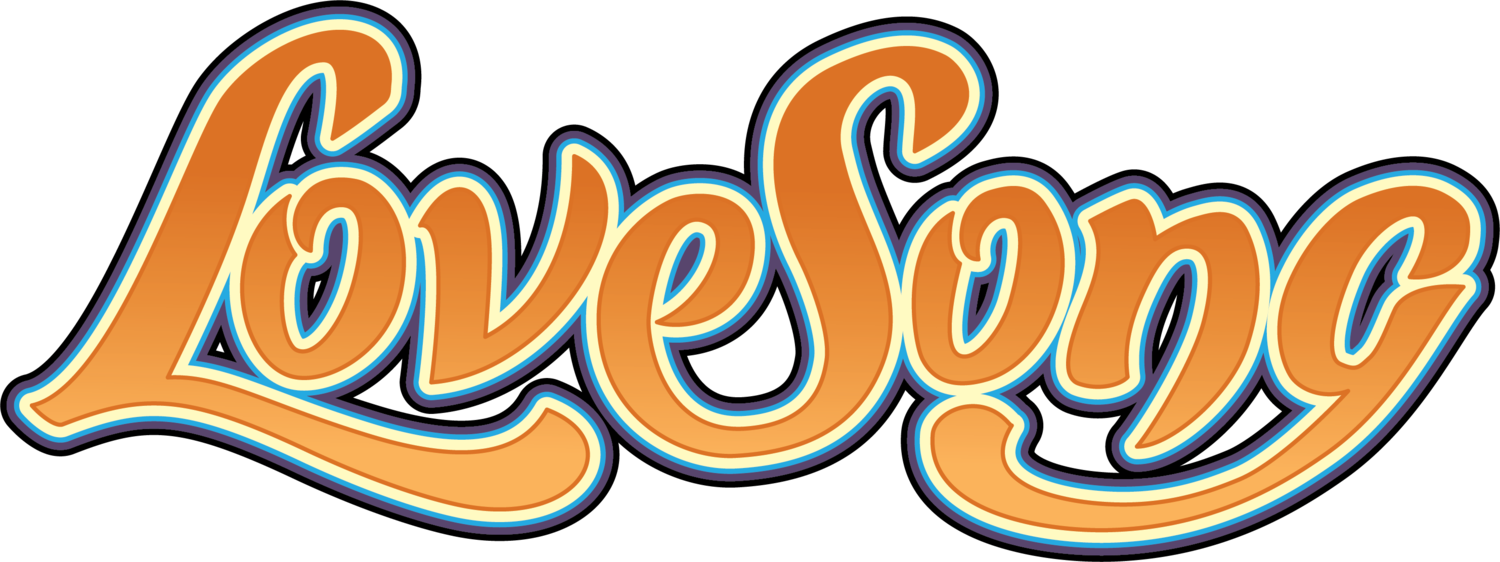FEEL THE LOVE [LIVE] (1977)
TRACK LISTING
(Click any track for lyrics & chords)
The group Love Song disbanded in mid 1974. It had had a short but very influential run as a pioneering band of CCM, but felt that the spiritual needs of the members were not being met in the midst of the heavy responsibilities that went along with the band’s renown. The band had been thrust into ministry just weeks after their conversion, and there was no letup in sight, as their reputation and fame spread quickly throughout the land. All this, coupled with unrealistic expectations that were imposed upon the band by fans, led the group to an amicable disbanding, and their first foray into private lives as Christians, freed from the confines of being members of this very successful group.
You might say they quit while they were ahead, and unlike many other artists, they decided not to coast on the momentum of the fame they had amassed, but to go their separate ways and see what God may have for them as individuals. The attitude in regard to disbanding was that if it was God’s will, all would feel a peace. If not, unrest would ensue. Peace prevailed, and it seemed like the boys had made the right decision.
But Chuck Girard was not totally happy with the decision. He always felt that the live ministry of the band modeled a type of evangelism and ministry that needed to be documented. He approached Freddie Piro with the idea of a reunion tour, even though it had only been a couple of years since the group had disbanded. Freddie was open to the idea, and the other band members felt excited about the prospect of doing one last tour in which a recording could be made. Even the final tour with band member Phil Keaggy had never been properly recorded. A production company had already approached Freddie with the idea of a tour, and they were enlisted to promote and produce the tour.
A friend of Chuck Girard’s from his surf/hot rod days, Bill Schnee, had gone on to become one of the most sought after recording engineers in the world. He had engineered and produced the group Pablo Cruise, and had engineered and mixed countless albums by such renowned artists as Barbara Streisand, Dire Straits, and many others. The band approached him in regard to engineering the live album. Bill was eager to get on board and the Wally Heider mobile recording truck was leased to travel with the boys. This gave Schnee a world class recording environment with which to capture the group’s sound. The tour lasted six weeks, and went throughout the nation. It ended up on the West Coast, and only the concerts from Seattle down to California were recorded.
Bill Schnee was unable to do the actual mixdown and Mama Jo’s Staff engineer Joe Bellamy was enlisted to mix. The album was sequenced pretty much in the order of the actual concerts, although the set list varied slightly from night to night.
Chuck Girard `and Joe Bellamy edited the album with a meticulous ear for maintaining the integrity of intent for each speech in between songs. Though some of the speeches were rather long, careful attention was paid to not lose the intended meaning of each speech, and the altar call at the end , which easily could have been excluded, was not. The album ended with the inspiring, almost acapella version of the late Bill Sprouse's reverent and beautiful “Psalm 5”, after which the group left the stage in a holy hush, rather than to raucous applause. This was always the goal of every Love Song concert, to leave the listener feeling the presence of God, whether by applause directed to God alone, or by the holy stillness that only reverent worship can bring.
This re-mastered version of the album marks its 34th anniversary, and the 40th anniversary of the group.

